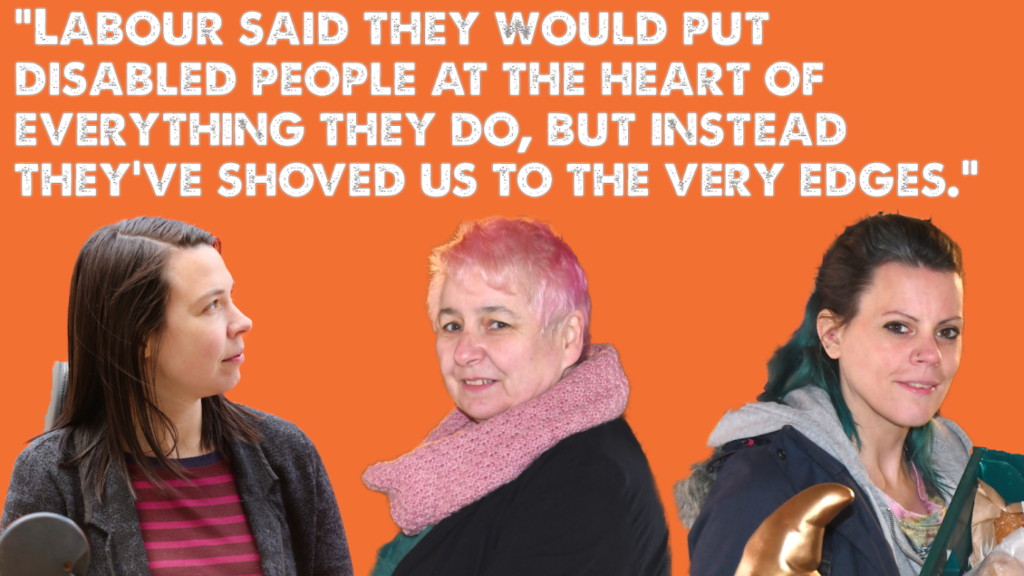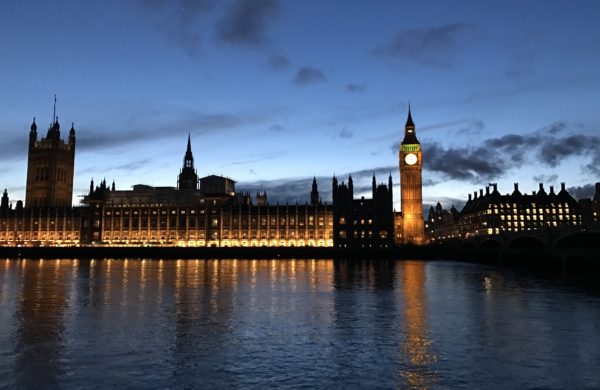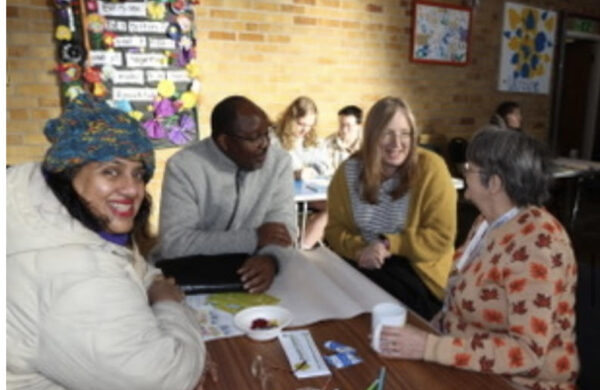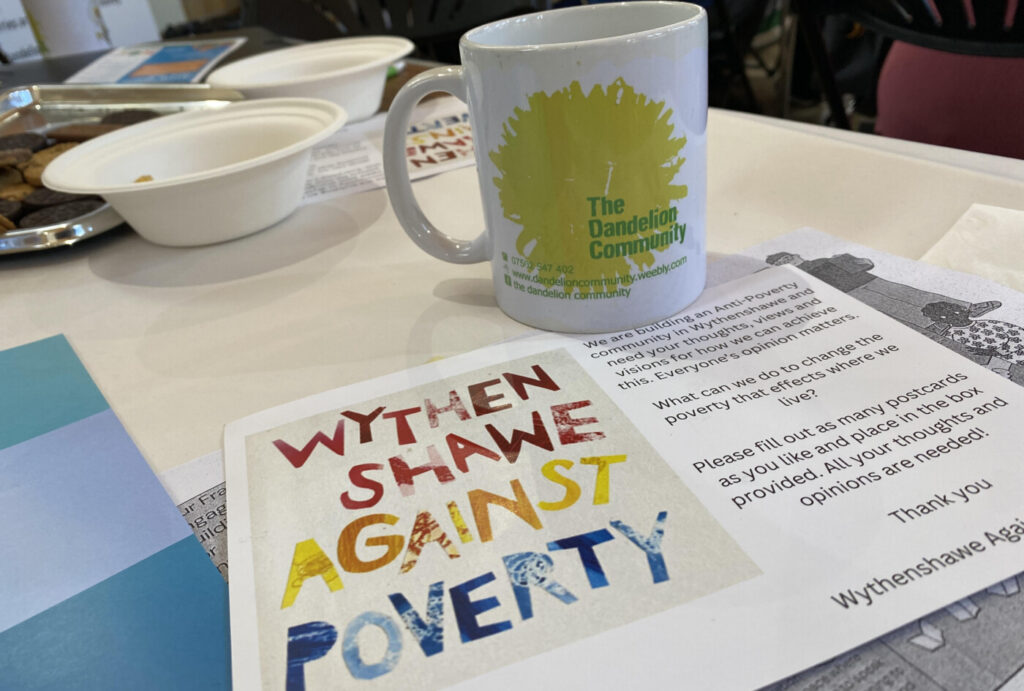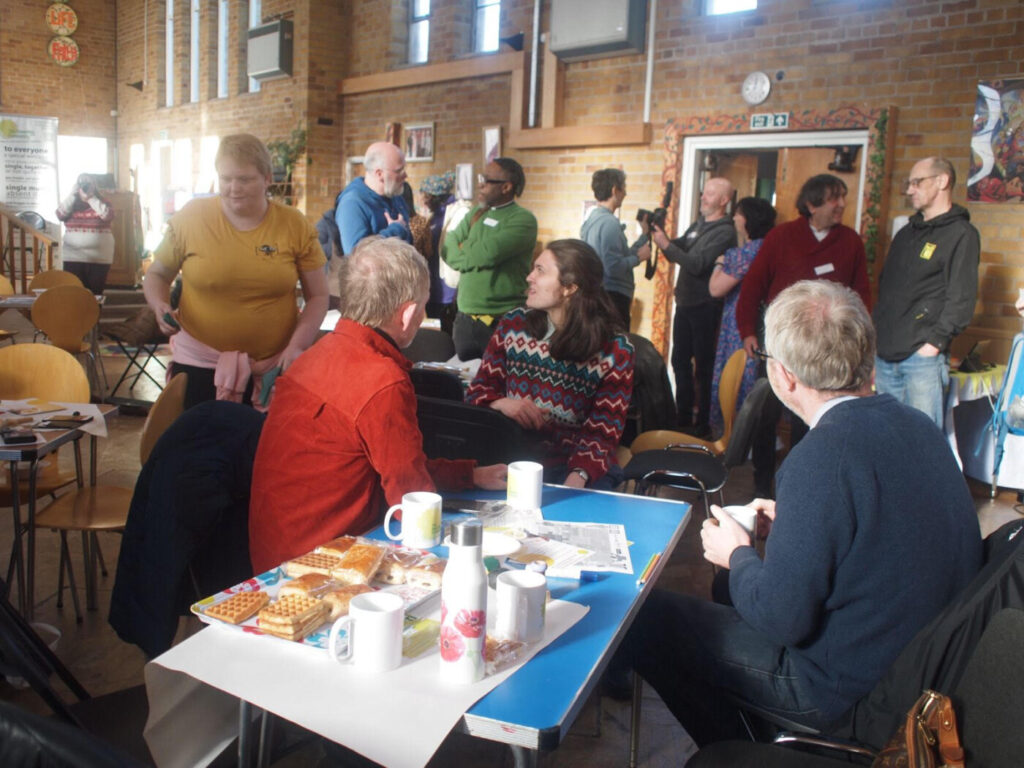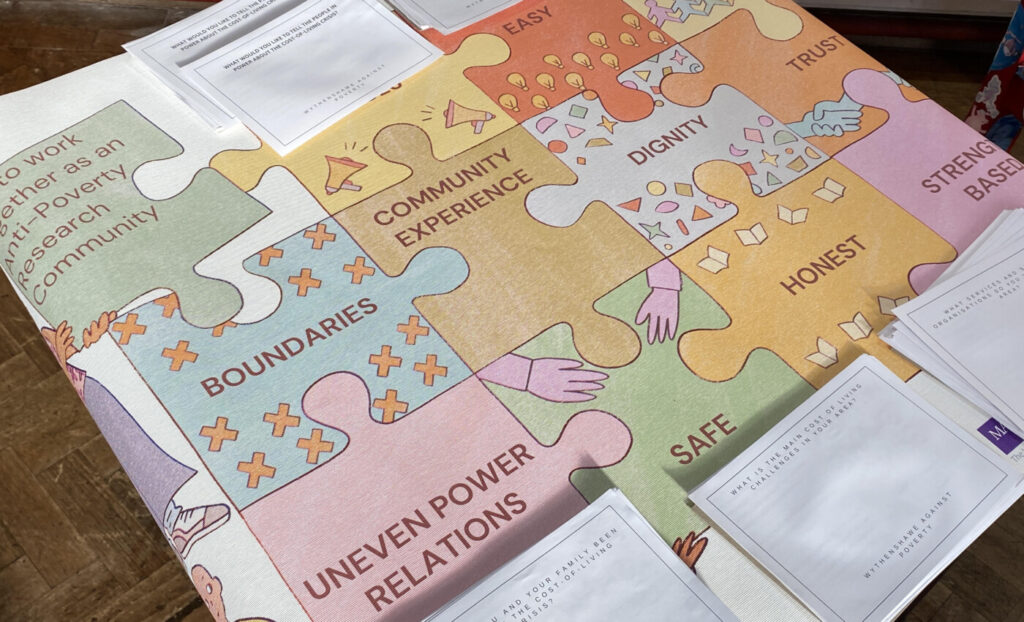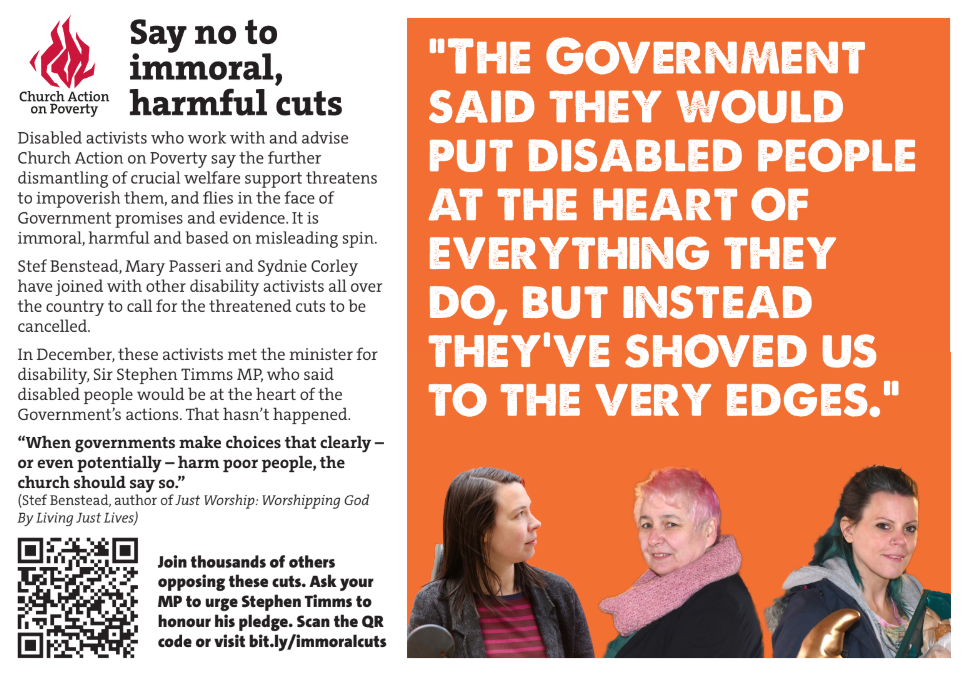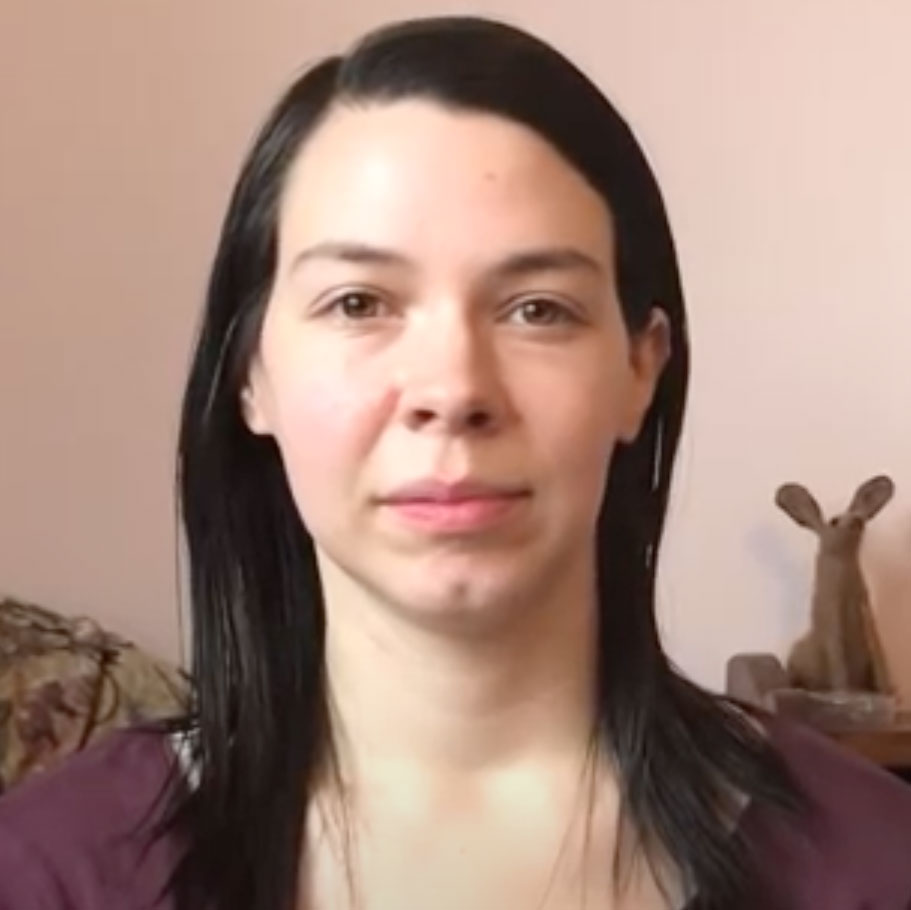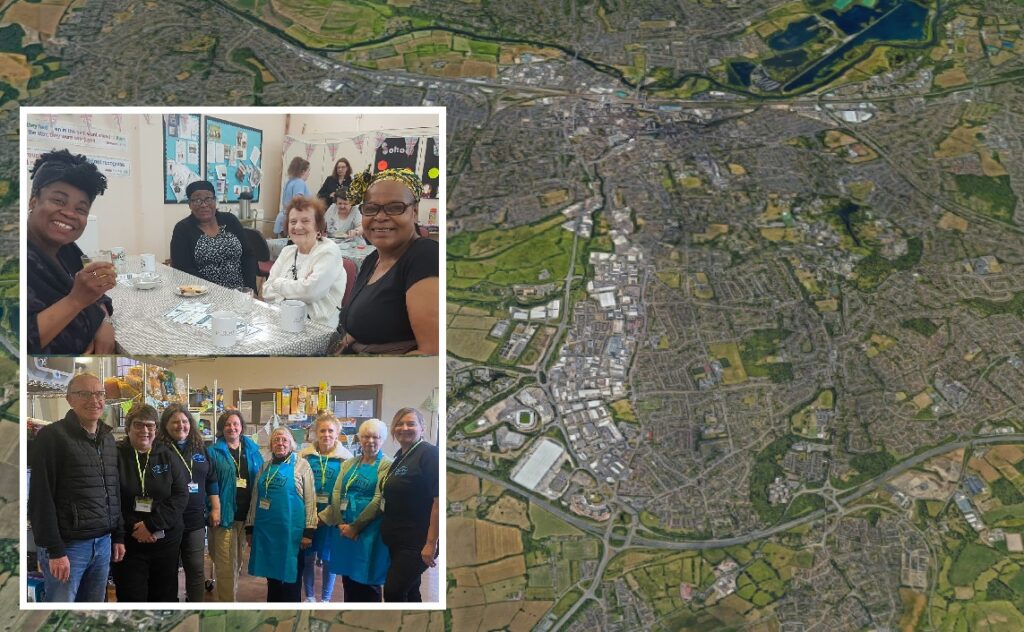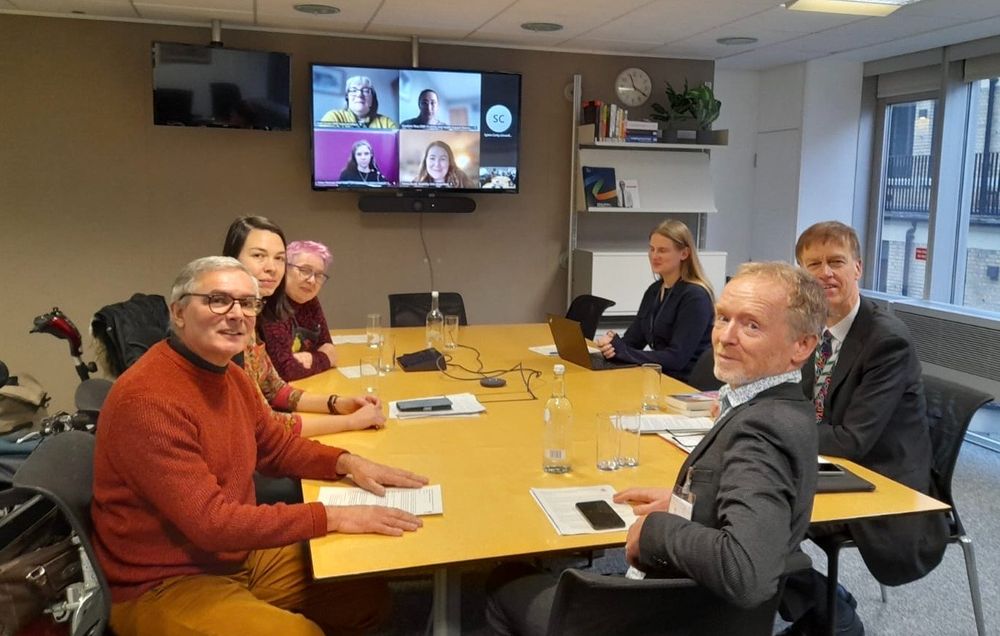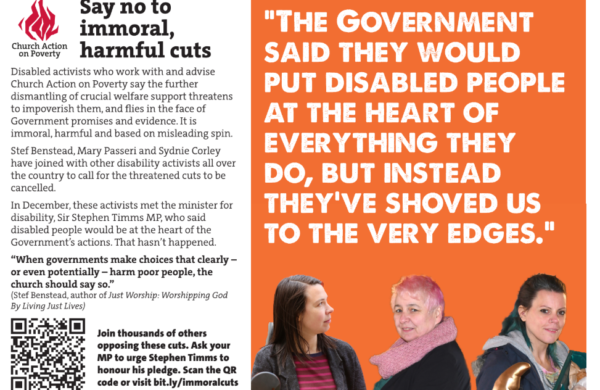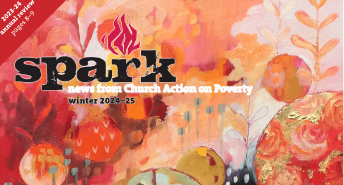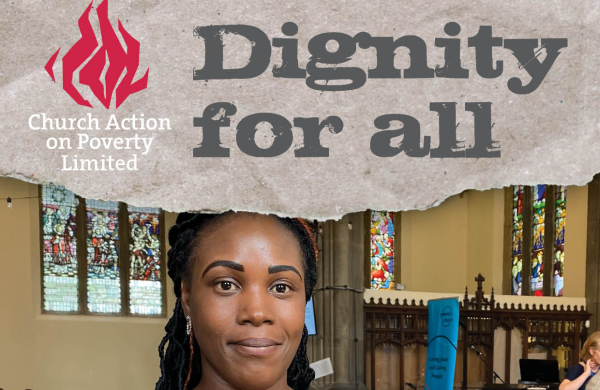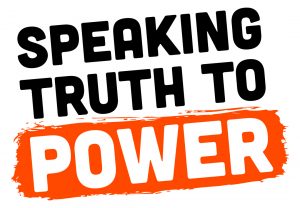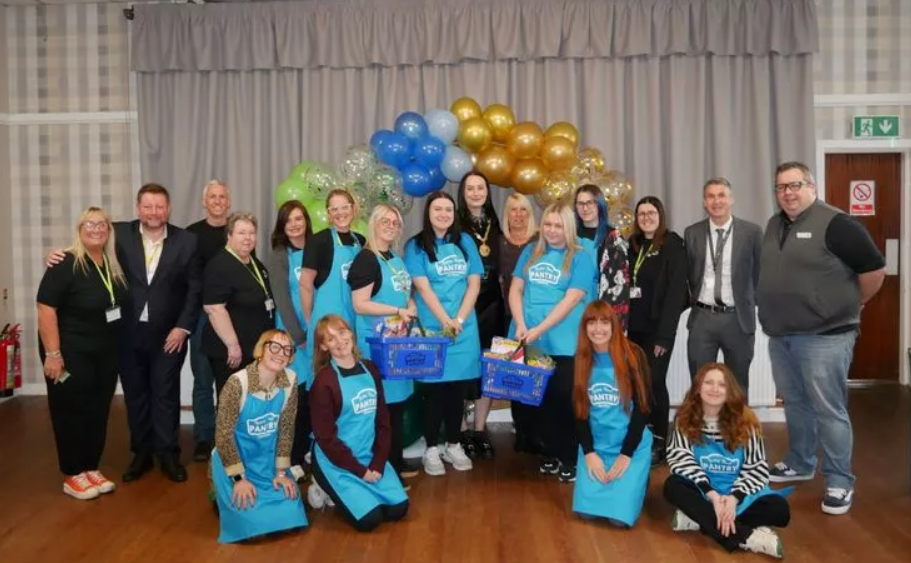Briefing: New Government data further undermines its cuts to UK’s vital lifelines
The Government's own statistics show that disabled people are already three times as likely to be living in food insecurity
Church Action on Poverty briefing
9 April 2025
Newly published Government data has shown the severe scale of poverty and food insecurity in the UK, and shows once again how disastrous it would be to further cut support for disabled people, as the Government proposes to do.
The newest release of the Family Resources Survey shows that one in ten UK households was living in food insecurity in 2023/24.
That equates to around 2.8 million households where people do not have consistent access to the good food they need – an increase of 600,000 in four years.
The picture is even more shocking for groups already hit hardest by Britain’s neglected housing and social security systems. The data shows that:
- In households where there are no disabled adults, food insecurity is 6%, but in households where there is one or more disabled adults it soars to 16%.
- Among homeowners (with or without a mortgage), food insecurity is only 3%, but in the private rented sector it is 17%, and in the social rented sector it is 31%.
The data covers the year 2023/24, so reflects the position when the current Government took office.
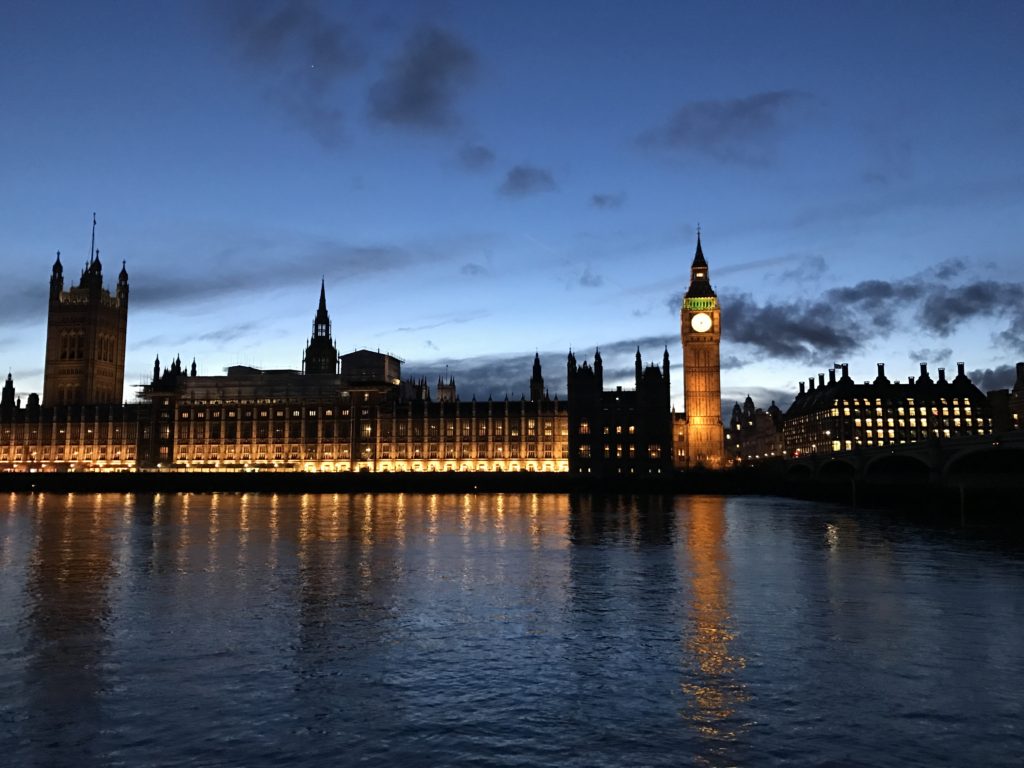
Food insecurity: background and context
The fact that this data is even measured is thanks to the tenacious efforts of food justice campaigners, including through the End Hunger UK campaign.
In 2020/21, the Government added a series of food-based questions to the annual Family Resources Survey, allowing the scale of the issue to be shown clearly for the first time.
The first data release, covering 2019/20, showed that 8% of households were in food insecurity. That number reduced in the subsequent two years, at the peak of the Covid-19 pandemic, but has since increased sharply as vital lifelines have been withdrawn.
Church Action on Poverty comment
“Millions of families in the UK worry about whether they will have enough food, and whether they can afford a nutritious and varied diet. It is a shameful indictment on successive Governments that such poverty is continuing in such a wealthy country.
“The direction of travel should be obvious to politicians: As a starting point, we need to repair our shared social security system so that everyone has enough to live on.
“There should be no cuts to social security, which is already woefully inadequate. It is immoral for the Government to raid the country’s poorest households, just so it can stick to its self-imposed financial tactics. Disabled activists like Mary, Stef and Sydnie say the impact of yet more cuts to disability support would be devastating and terrifying.
In recent years, the cost of living scandal has swept more and more people into poverty, very few people’s wages have kept pace with inflation and housing has remained prohibitively unaffordable for most people.
“Against that context, Westminster politicians have been steadily dismantling Britain’s cherished social security system instead of bolstering it. This data shows that an extra 600,000 households have been made food insecure in the past four years.
“The Government response must be to reverse those damaging trends, not to accelerate them. Repeated polls show that the public are unhappy about levels of poverty and inequality in Britain, and want action.
“Ending poverty needs to be a national priority. Instead this Government is singling out disabled people for swingeing cuts, while allowing far richer people to bear little or no burden.”
Food insecurity: links and data
- The 2023/24 Family Resources Survey report was published on March 27th.
- The household food security section is here.
- The full data tables, including breakdowns by region, income, disability, ethnicity, age, housing tenure and more can be downloaded here.
Say no to the immoral cuts
Church Action on Poverty is supporting the widespread national calls to oppose the immoral cuts to disability support.
The threatened cuts to Britain’s shared social security system are immoral, deeply harmful to some of the country’s poorest people, and are based on misleading spin.
Disabled activists Stef, Mary and Sydnie, who work with and advise Church Action on Poverty, say the further dismantling of crucial welfare support threatens to impoverish them, and flies in the face of Government promises and thorough evidence. Read more of their story and ask your MP to help oppose the cuts here.

